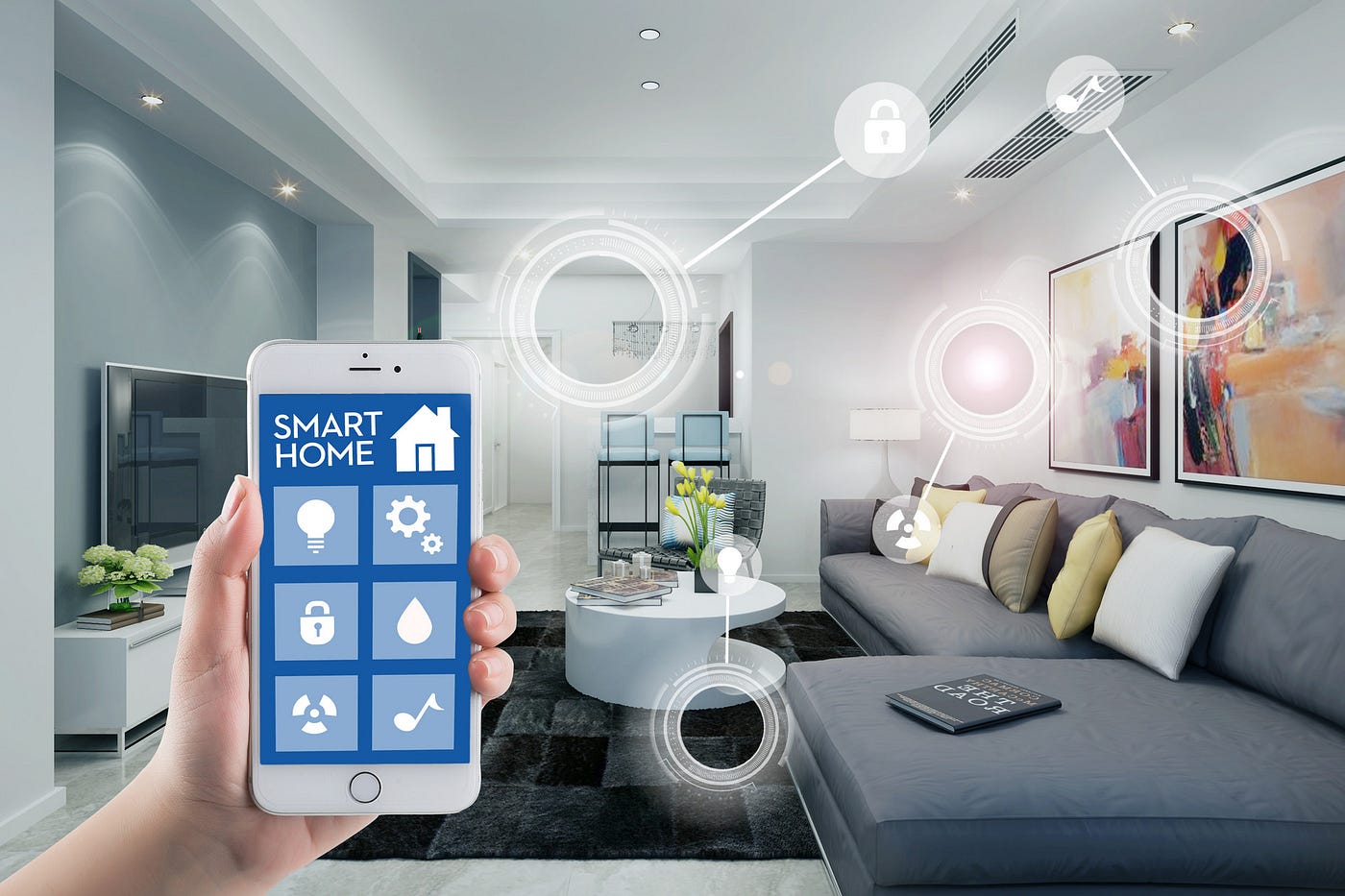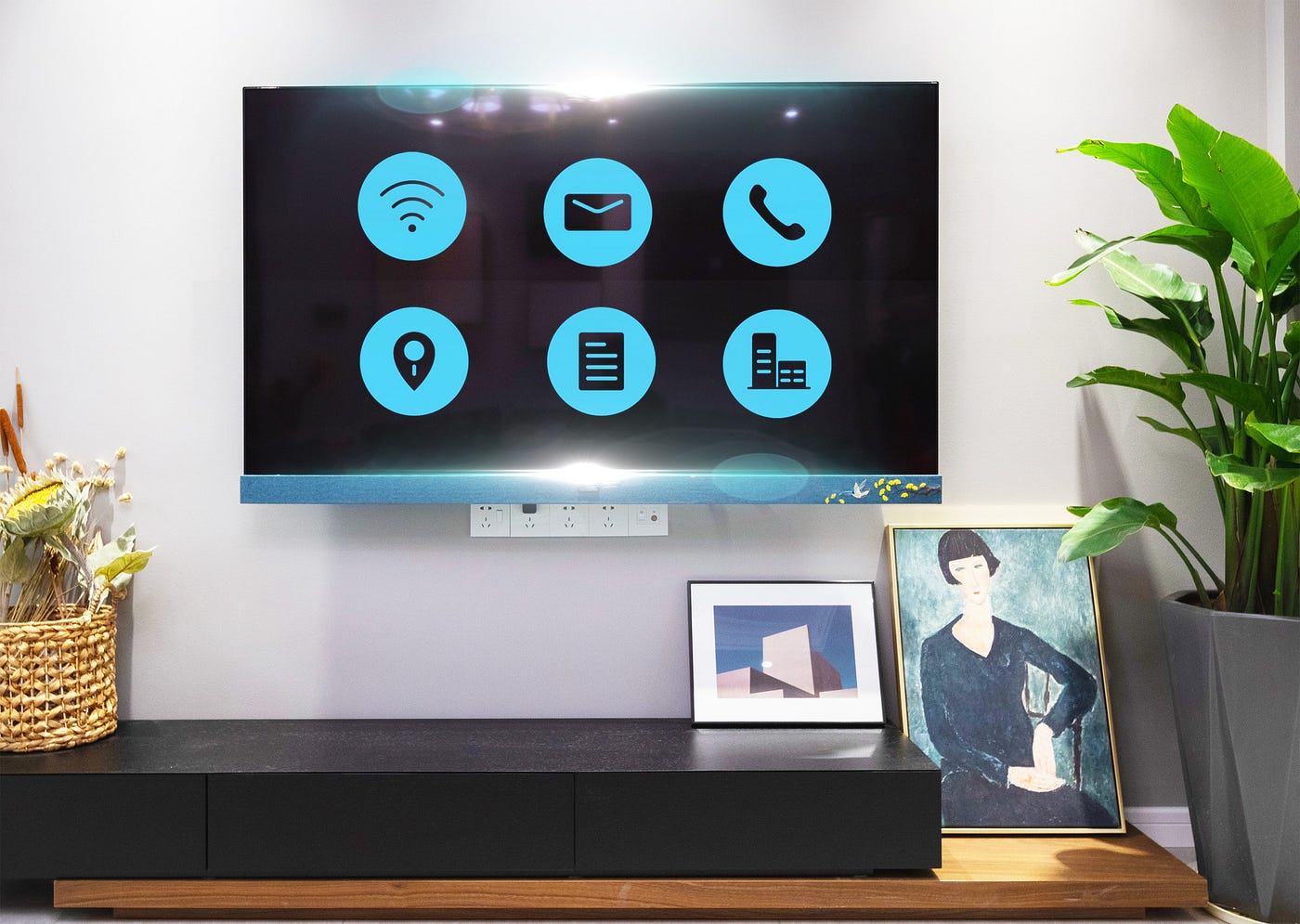➤ Global smart home device market in 2021
In the field of machine learning and deep learning, datasets plays an irreplaceable role. No matter it is image data for convolutional neural networks or massive text data for natural language processing, the integrity and diversity of data directly determine the learning results of a model. With the advancement of technology, datasets that collected from specific scenarios have becomes the core strategy for improving model performance.
According to data recently released by IDC, under various uncertain factors such as the continuous impact of the epidemic, the cost crisis caused by inflation, the obstruction of the supply chain, and consumer demand, the global smart home equipment market will still grow by 11.7% in 2021. Smart home device shipments will exceed 895 million units.
➤ Smart home technology and related data
Smart home is a residence that uses internet-connected devices to remotely monitor and manage systems such as lighting and heating. Smart home technology allows homeowners to control smart devices through smart home apps on their smartphones or other connected devices, providing them with safety, comfort, convenience, and energy savings.
Smart Home Applications
• Smart TVs connect to the Internet to access content such as on-demand videos and music through apps. Some smart TVs also include voice or gesture recognition.
• Smart lighting systems, such as Philips’ Hue, can detect the occupants of a room and adjust lighting as needed. Smart bulbs can also adjust themselves based on the availability of daylight.
• Smart thermostats, such as Nest Labs Inc.’s Nest, with integrated Wi-Fi, allow users to schedule, monitor and remotely control home temperatures. The devices can also learn the behavior of homeowners and automatically modify settings to provide occupants with maximum comfort and efficiency.
• Smart locks and garage door openers. Users can allow or deny visitors access. Smart locks can also detect when nearby residents are approaching and open the door.
• Smart security cameras allows residents monitor their home while away or on vacation. Smart motion sensors can also identify the difference between residents, tourists, pets and burglars, and can notify authorities if suspicious behavior is detected.
As the world’s leading AI data service provider, Nexdata has always insisted on providing high-quality data services to power the innovation and development of smart home technology. For smart home scenarios, Nexdata has accumulated ton of finished data, such as reading data, wake-up words, face anti-spoofing data and gestures.
American English Speech Data by Mobile Phone_Guiding
➤ Datasets of human body annotation
This data are recorded from American locals, the recording environment is quiet. The contents cover in-car scenario, smart home and speech assistant.
Infant Cry Speech Data by Mobile Phone
Crying sound of infants and young children aged 0~3 years old, a number of paragraphs from each of them. It provides data support for detecting children’s crying sound in smart home projects.
Face & Anti-Spoofing Data
The collection scenes include indoor and outdoor scenes. The data includes male and female. The age distribution ranges from juvenile to the elderly, the young people and the middle aged are the majorities. The data includes multiple postures, multiple expressions, and multiple anti-spoofing samples.
3D Instance Segmentation and 22 Landmarks Annotation Data of Human Body
The dataset diversity includes multiple scenes, light conditions, ages, shooting angles, and poses. In terms of annotation, we adpoted instance segmentation annotations on human body. 22 landmarks were also annotated for each human body.
Gestures Recognition Data
This data diversity includes multiple scenes, 18 gestures, 5 shooting angels, multiple ages and multiple light conditions. For annotation, gesture 21 landmarks (each landmark includes the attribute of visible and visible), gesture type and gesture attributes were annotated.
End
If you want to know more details about the datasets or how to acquire, please feel free to contact us: info@nexdata.ai.
In the era of deep integration of data and artificial intelligence, the richness and quality of datasets will directly determine how far an AI technology goes. In the future, the effective use of data will drive innovation and bring more growth and value to all walks of life. With the help of automatic labeling tools, GAN or data augment technology, we can improve the efficiency of data annotation and reduce labor costs.









 Previous
Previous Next
Next




